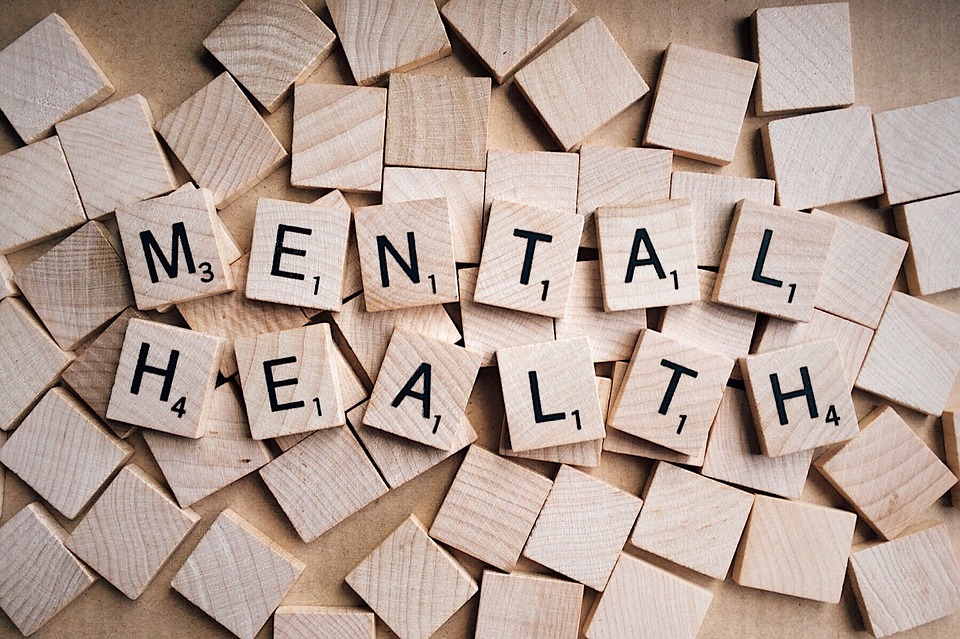Experts estimate that about one third of homeless people suffer with- but are not likely treated for- mental illness, which further burdens an already vulnerable population.
There are several reasons for the co-occurrence of homelessness and mental illness, which includes substance use disorders: Mental illness, particularly when untreated, can lead to loss of health care, jobs, housing, and other basic requirements necessary to keep people from living on the street and being sick. It can also lead to estrangement from families, friends and other members of a support system.
Robert Keisling, MD, director of mental health services for Unity Health Care, which provides medical resources for a large number of people in the public system, said that “it’s very, very difficult once you’re on the street to be compliant with your medication,” and that is assuming that homeless people with mental illness are 1) fully informed about their illness and what is needed to treat it and 2) able to afford their medication. However, homeless people are not likely to be on a set schedule, and they may not always have access to their belongings – and their medications may be lost or stolen. Also, they may self-medicate, making them even less likely to comply with their prescribed medication.
Keisling added that there are up to five times as many mentally ill individuals in jail and prisons as there are in mental hospitals. He expects that this epidemic will worsen because people are either not being treated at all or are being treated in temporary environments, making continued care unlikely or impossible and therefore ineffective. They also may simply not want to be connected with the system because they may have had previous problems with law enforcement.
Consequently, mentally ill people may find themselves in an ongoing cycle of homelessness, jail and substance detoxification.
And the incidents of mental illness among the homeless have also been exacerbated by deinstitutionalization, leaving many of these people to fend for themselves.
Keisling said that it is difficult for the homeless and mentally ill individuals of DC to access needed care, particularly because most of these people are sent to emergency rooms, jails, and other places. A better and more cost-effective solution, he said, would be to provide treatment rather than paying for repeated stays by the untreated. But Kiesling said he does not “think the message has gotten through to folks who run mental health services in DC- other places are seeing that is’ better to treat people than not to treat people” – because it’s cost-effective and because it’s humane, he said.
Lawrence Rickards, public health advisor at the US Department of Health and Human Services’ Substance Abuse and Mental Health Services Administration, is quick to point out that not everyone who is mentally ill has a substance abuse problem (and vice versa).
“An awful lot do, and that takes a very heavy toll on the individual. We are concerned about that,” he said.
Part of the challenge in treating these people, Rickards said, is that the mental health and substance abuse recovery systems have developed separately, and so they may employ different approaches that do not complement each other. These programs have to train and educate people and work toward success for the individuals.
Linda Grant, spokesperson for the DC Department of Mental Health, said that in addition to daily outreach activities for the homeless people of DC, one new and successful program is “sobering stations” on the grounds of DC General Hospital where homeless people who are intoxicated can go to shower, eat, be safe, and get sober. This service, which was put into place in Nov. 2003, was created because many shelters in DC turn away people who are intoxicated.
The Department’s Assertive Community Treatment (ACT) provides rehabilitative support teams for children and adults with serious emotional disturbance and/or persistent mental illness. Daily services include mental-health-related medication prescription, administration and monitoring; critical assessment and intervention; symptom assessment, management and individual support therapy; and education, support and consultation to homeless patients and their families. ACT visits shelters and the streets with an outreach team made up of a psychiatrist, nurse, social worker and two mental health specialists. This team also responds to calls from residents and businesses trying to get help for homeless people they see on the street.
Stilll, Mary Ann Luby, of Washington Legal Clinic for the Homeless, noted the connection between mental health and housing. “Housing is a stabilizer. The chances of someone moving into recovery are greater if that person gets help,” Luby said, adding that while local outreach programs exist, “Trying to match the services we have and meet the needs of the people is the major problem.”




